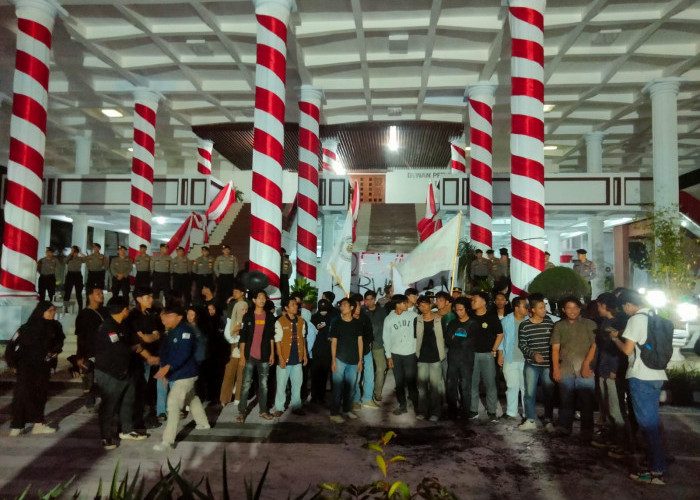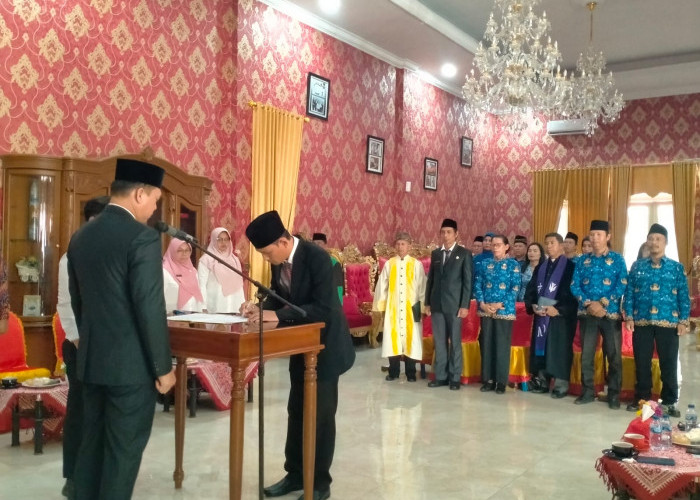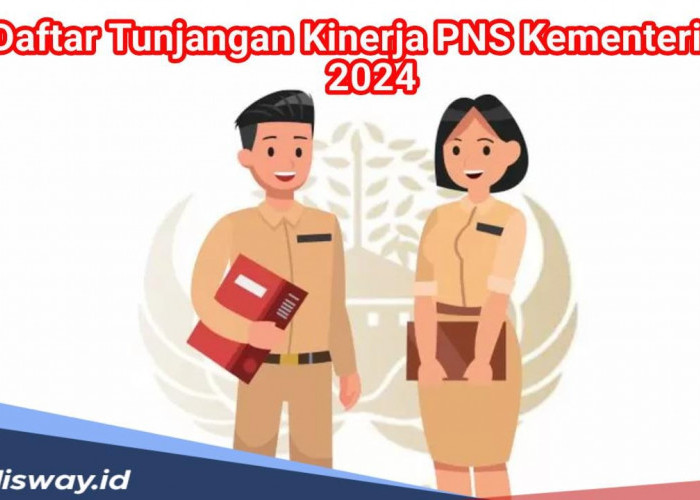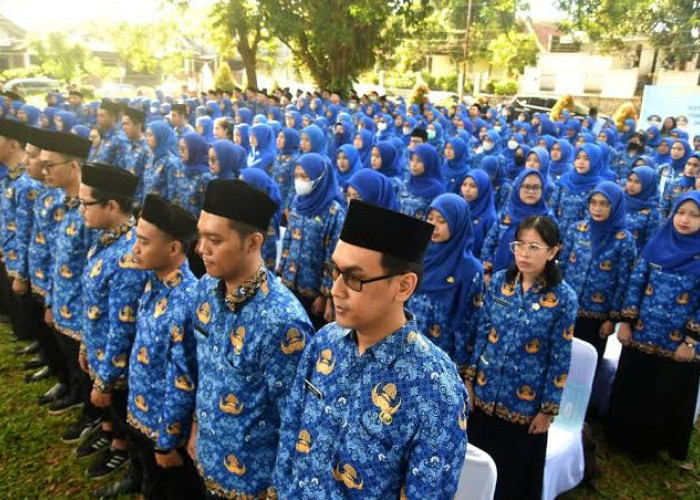Two Centuries, Treaty of London : History, Politics and British Ambition in Asia
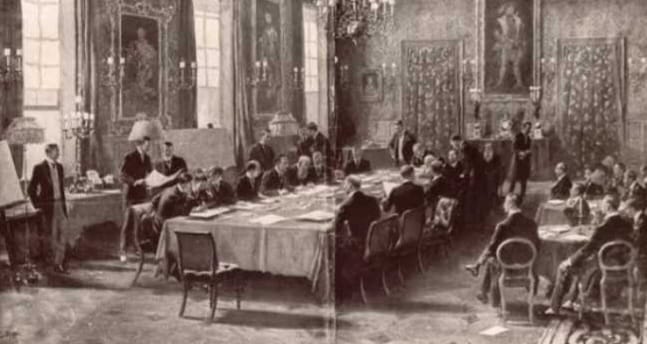
The Treaty of London became part of Indonesian history--
BENGKULU, RBTVCAMKOHA.COM – Bengkulu Province prepares the two centuries of the treaty of london. The agenda for the commemoration day of treaty of london is Tour de Bencoolen event in April 2024.
The Treaty of London became part of Indonesian history. Specifically it relates to the Provinces of Bengkulu and Singapore.
BACA JUGA:Discussing Global Economic Conditions, Hundreds of Economists Gather in Bengkulu
The Treaty of London began with the British presence in Bengkulu for 140 years, from 1685 to March 1825. Finally, the British presence in Bengkulu was end to an agreement between the King of England and the King of the Netherlands which was signed on March 17, 1824.
This agreement by the British known as The Anglo-Dutch Treaty of 1824, while the Dutch named it The Treaty of London. This agreement regulated the exchange of British power in Bengkulu with Dutch power in Malacca and Singapore (Singapore was part of the Malacca Kingdom at that time).
BACA JUGA:National Shopping Day 2023, PLN Prepares Electric Power Add Vouchers, Here are the steps
On March 17, 1824 in London, the Kingdom of Great Britain and the Kingdom of the Netherlands signed the Anglo-Dutch Treaty of 1824 and it also known as the London Agreement or The Treaty of London. This agreement was intended to address the emerging conflicts resulting from the Anglo-Dutch Treaty of 1814. The reason why the London Treaty was held In 1811 because Sir Thomas Stamford Raffles, who had became a governor of the British colony in Bengkulu (Bencoolen), Sumatra. He still believed that England have to find a way in order to become dominant ruler in Asia by building a new port in the Malacca Strait.
The existing of British ports such as Pulau Pinang were too far from the Malacca Straits, while Bengkulu faced the Indian Ocean and the Sunda Straits. Raffles then succeeded convincing the East India Company (EIC) to look for a new port, and Temasek Island (now named Singapore) got his attention. Then Raffles arrived in Temasek on January 29, 1819. He found a small Malay village at the mouth of the Singapore River which was headed by a Tumenggung from the Sultanate of Johor. The island managed by the Sultanate of Johor with the unstable political situation at that time. The heir of the Sultan of Johor, Tengku Abdul Rahman was controlled by the Dutch and the Bugis. Raffles later discovered that Tengku Abdul Rahman became sultan only because his brother, Tengku Hussein, was not there when his father died. Based to Malay custom the sultan-to-be, needed be at the sultan's side if he was to be appointed as sultan. Realizing that then he manipulated this situation, Raffles had supported Tengku Hussein to become Sultan if Tengku Hussein gave permission to the British to open a port at Temasek and in return the British would pay Tengku Hussein an annual fee.
Cek Berita dan Artikel yang lain di Google News
Sumber:





